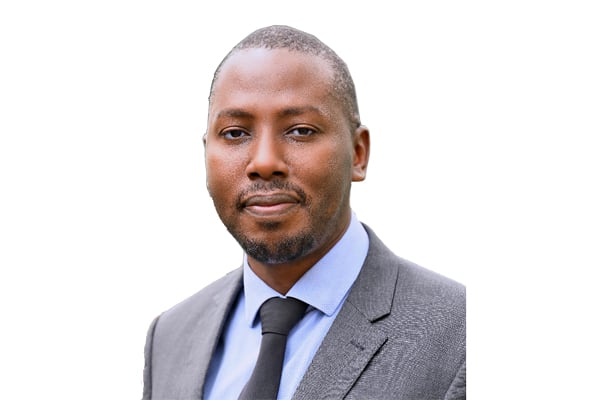ICT key in curbing virtual assets abuse

Cyrus Barigye
What you need to know:
- To combat financial crime, the authority is using real-time transaction monitoring, Know Your Customer (KYC) procedures, tracking transactions, identifying suspicious activity, and sharing information with law enforcement agencies (LEAs).
The last decade has witnessed a phenomenal rise in the number of new digital instruments promising easier, faster, cheaper global payments and transfers.
Virtual Assets (VAs) are susceptible to criminal abuse due to their varying degrees of anonymity or pseudonymity. Criminals have misused these features to facilitate fraud, theft, money laundering, and terrorist financing. Without strong mitigation, VAs can pose a significant threat to the integrity of the financial system.
Recent media reports indicate that a Private Members bill was tabled in the Parliament of Uganda seeking to amend the Capital Markets Act to include provisions for technologically facilitated offerings such as virtual and digital assets. It is crucial to recognise the essential role of robust ICT systems in addressing the risks posed by virtual assets in the capital markets space.
Some of the risks include money laundering and terrorist financing; cybercrime where the Virtual assets are vulnerable to hacking, fraud, and theft; and market manipulation where Virtual assets can be subject to market manipulation for instance as pump-and-dump schemes.
The use of ICT systems to combat the risks posed by virtual assets is an ongoing process. As the technology evolves, so too will the risks.
The Financial Intelligence Authority (FIA) of Uganda, is therefore addressing these risks through the establishment of an in-house Virtual Assets Working Group and conducting ML/TF National risk assessments with specific reference to Virtual Assets and Virtual Assets Service Providers.
To combat financial crime, the authority is using real-time transaction monitoring, Know Your Customer (KYC) procedures, tracking transactions, identifying suspicious activity, and sharing information with law enforcement agencies (LEAs). These systems aid in identifying and preventing suspicious activities, mitigating the risk of money laundering and terrorist financing.
It is also detecting suspicious activities by using advanced ICT systems that allow comprehensive transactional data analysis, enable the identification of red flags and prompt alerts for further investigation. Timely detection is vital for reporting to relevant authorities and mitigating potential risks.
In response to the emerging risks associated with virtual assets, the FIA has taken proactive steps by establishing a Virtual Assets Working Group (VAWG). Chaired by the Director of ICT Systems and Security, this collaborative initiative brings together stakeholders to assess and mitigate risks related to money laundering, terrorist financing, and proliferation financing. The working group aims to devise effective strategies, ensure regulatory clarity, and promote compliance within the virtual assets landscape.
Uganda has taken a stance of integrating virtual assets within capital markets space and this calls for the deliberate implementation of robust IT systems and a proactive approach to address associated risks. By prioritising robust IT systems, market intermediaries can prevent and detect financial crime risks, ensuring the integrity of Uganda’s capital markets is protected. This coupled with the establishment of the Virtual Assets Working Group and the publication of the working document showcases FIA’s commitment to proactive regulation of the VAs ecosystem.
Therefore, with continued vigilance and collaboration, Uganda is prepared to create an environment where virtual assets thrive securely, benefiting both investors and the economy at large.
FIA is committed to protecting the integrity of Uganda’s financial system as a foundation for economic growth and social economic transformation.
Overall, IT systems play a vital role in combating the risks posed by virtual assets. By using ICT systems effectively, institutions can help to make the virtual asset ecosystem more secure and transparent.
Mr Cyrus Barigye K is the director of Ict systems and security at the Financial Intelligence Authority of Uganda.




